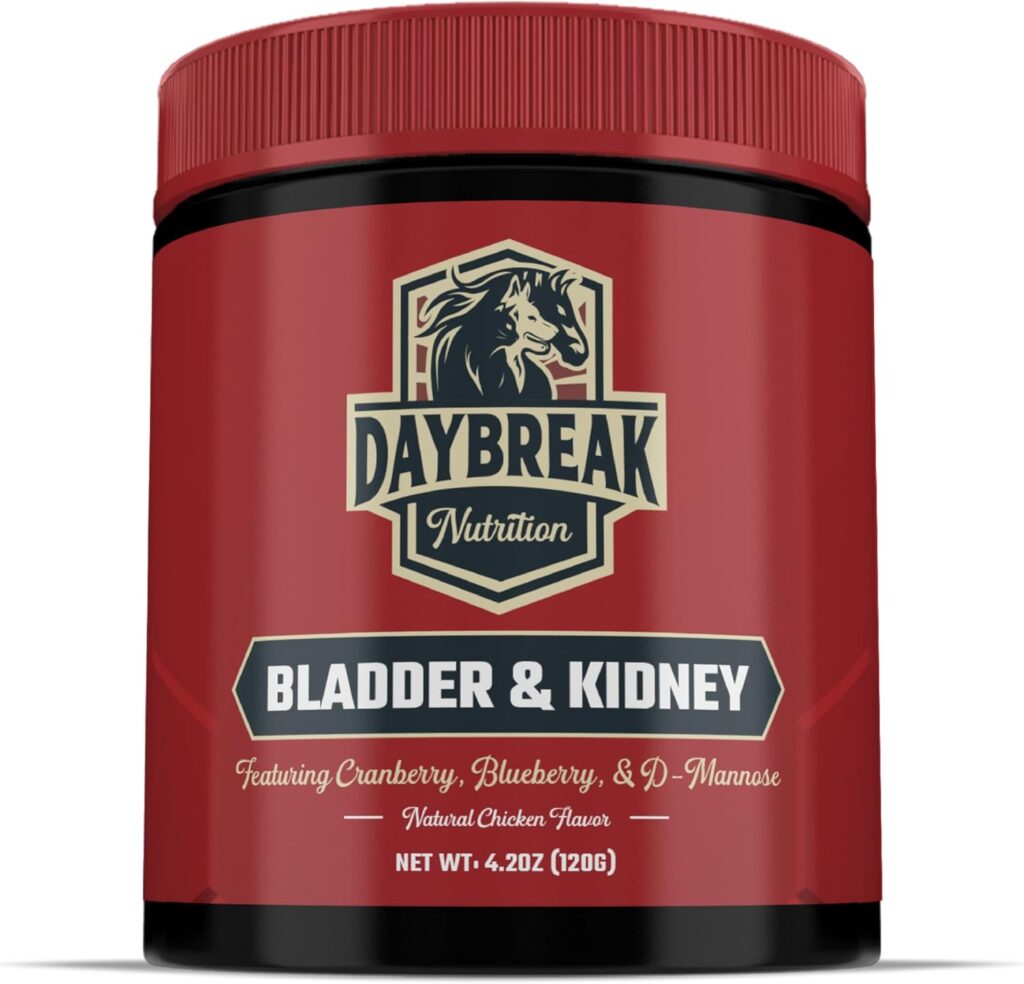Bladder infections in cats, also known as feline urinary tract infections (UTIs), can be uncomfortable and distressing for your feline friend.
These infections occur when bacteria invade the bladder, leading to symptoms such as frequent urination, straining to urinate, and blood in the urine.
Understanding the causes of bladder infections is essential for prevention and management.
In this post, we are going to explore effective ways to support your cat during a bladder infection, starting with the causes of bladder infections in cats.
What Causes Bladder Infections in Cats?
Bladder infections in cats can result from several factors:
- Bacterial Infection: The most common cause, where bacteria enter the urinary tract and multiply.
- Urinary Crystals or Stones: These can irritate the bladder lining and make it more susceptible to infections.
- Underlying Health Issues: Conditions such as diabetes or kidney disease can predispose cats to urinary tract infections.
- Dehydration: Insufficient water intake can lead to concentrated urine, which may promote bacterial growth.
- Stress: Stressful environments can impact a cat’s urinary health, leading to an increased risk of infections.
5 Ways To Support Feline Bladder Infections
1. Use a Bladder and Kidney Support Supplement
Bladder and kidney support supplements are formulated to promote urinary tract health, reduce inflammation, and support the overall function of the urinary system.
Ingredients like cranberry extract and various herbal extracts can help create an environment less conducive to bacterial growth.
Administer the supplement as directed, and monitor your cat’s response to ensure it is helping alleviate symptoms.
Out of all the bladder and kidney support supplements my cat has tried, Daybreak’s Bladder & Kidney is her favorite.
Daybreak’s Bladder and Kidney is ideal for supporting cats with bladder infections due to its potent blend of premium ingredients, including cranberry and blueberry powders.
This groundbreaking formula helps treat urinary tract infections (UTIs) while promoting better bladder control and reducing frequent urination.
By harnessing the power of cranberry extract, it effectively supports urinary health and helps prevent future infections.
Simply follow the directions on the back and you’re good to go!
2. Encourage Increased Water Intake
Keeping your cat well-hydrated is crucial for flushing out bacteria and preventing concentrated urine, which can exacerbate bladder infections.
Adequate hydration helps dilute urine and promotes a healthy urinary tract.
Offer fresh, clean water at all times, and consider using a cat water fountain, as many cats prefer running water.
You can also incorporate wet food into their diet to increase fluid intake.
3. Maintain a Clean Litter Box
A clean litter box is essential for your cat’s urinary health.
Regularly cleaning the litter box helps prevent bacteria from proliferating and reduces the risk of infections.
Scoop the litter box daily and completely change the litter at least once a week.
Use unscented, clumping litter to minimize irritation and encourage your cat to use the box regularly.
4. Monitor Stress Levels
Stress can significantly affect a cat’s urinary health and increase the likelihood of bladder infections.
Understanding and managing stressors in your cat’s environment is crucial for their well-being.
Create a calm and safe space for your cat at home, providing plenty of hiding spots and vertical spaces.
Engage in interactive play and provide enrichment activities to reduce boredom and stress.
5. Schedule Regular Veterinary Check-ups
Regular veterinary visits are essential for monitoring your cat’s urinary health and addressing any underlying conditions that may contribute to bladder infections.
Schedule routine check-ups with your veterinarian to discuss your cat’s health, especially if they have a history of urinary issues.
Your veterinarian can recommend appropriate tests, treatments, or preventive measures tailored to your cat’s needs.
Support Your Cat
Supporting a cat with a bladder infection requires a proactive approach that includes proper hydration, cleanliness, and stress management.
By incorporating a bladder and kidney support supplement, encouraging increased water intake, maintaining a clean litter box, monitoring stress levels, and scheduling regular veterinary check-ups, you can help your feline friend recover more comfortably.
If your cat shows persistent symptoms or worsens, consult your veterinarian for tailored advice and treatment options.
With the right care, you can help your cat regain their health and happiness.
Thank you for reading!

